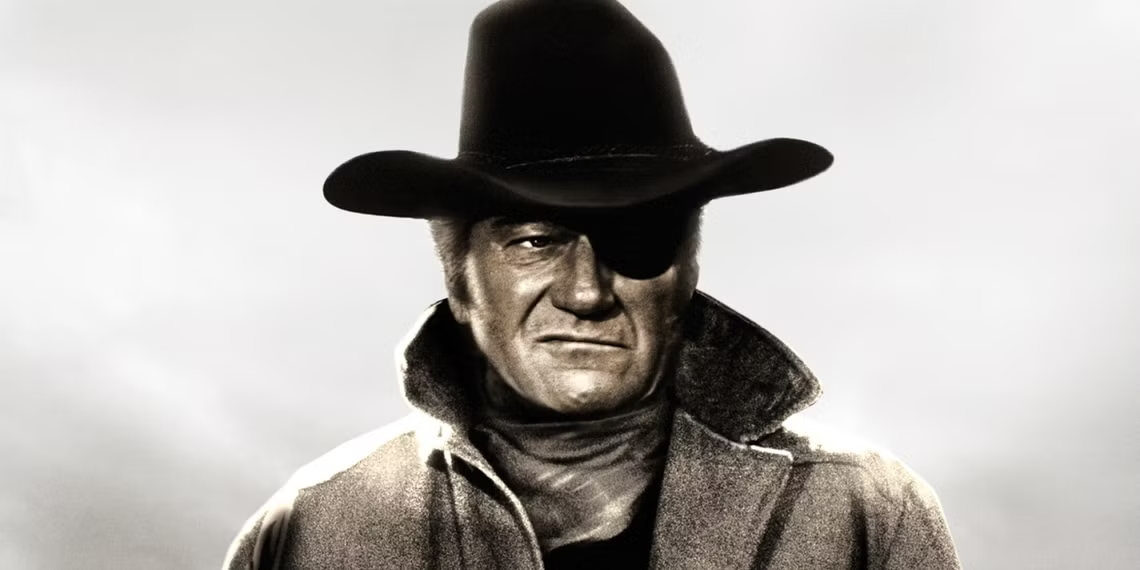The history of Thanksgiving is deeply rooted in the traditions and events of the early colonial period in America. As a man, it is important to understand the historical context surrounding this holiday and its significance in shaping the American identity. This essay will delve into the origins of Thanksgiving, the intention behind its establishment, the evolution of the holiday through time, and its modern-day celebration.
The First Thanksgiving
Thanksgiving can be traced back to the year 1621, when the Pilgrims, English Separatists who sailed to America aboard the Mayflower, celebrated a successful harvest with the Wampanoag Native Americans. This gathering, known as the “First Thanksgiving,” lasted for three days and was not an annual event at that time. While the specifics of the feast are not well-documented, historical records indicate that it symbolized a symbol of unity, cooperation, and gratitude between the Pilgrims and the Wampanoag people.
Thanksgiving a National Holiday
The intention behind establishing Thanksgiving as a national holiday can be attributed to President Abraham Lincoln. In the midst of the American Civil War, Lincoln proclaimed Thanksgiving a national holiday in 1863. He aimed to foster unity and healing among a divided nation by designating a day for expressing gratitude. The holiday’s objective shifted from solely commemorating the harvest to encompass a broader notion of giving thanks for the nation’s blessings, its people, and the preservation of liberty.
Thanksgiving Traditions
Throughout time, the traditions associated with Thanksgiving have evolved. In the late 19th century, Thanksgiving became characterized by community parades and football games, further cementing it as a holiday to bring people together. Additionally, a heightened emphasis on family gatherings and feasting developed during the early 20th century. These traditions continue to shape the modern-day celebration of Thanksgiving, with turkey, stuffing, cranberry sauce, and pumpkin pie becoming iconic staples of the holiday feast.
In recent decades, Thanksgiving has further evolved beyond a single-day event. The holiday has extended to include the concept of “Friendsgiving,” where friends gather to celebrate and share a meal. Furthermore, Thanksgiving has become intrinsically connected to the infamous “Black Friday,” a day when retailers offer significant discounts and sales, marking the beginning of the holiday shopping season. This development has drawn both praise and criticism, as it alters the original intention behind Thanksgiving and focuses more on consumerism.
Happy Thanksgiving
Thanksgiving embodies a rich history deeply rooted in the early colonial period of America. Its origins can be attributed to the Pilgrims’ celebration of a successful harvest and their unification with the Wampanoag Native Americans. President Abraham Lincoln further established Thanksgiving as a national holiday during the Civil War, emphasizing unity and gratitude. Over time, Thanksgiving has evolved to include traditions like parades, football games, and family feasting. However, its contemporary celebration has also become entwined with commercial interests. As college students, understanding the historical significance and evolution of Thanksgiving allows us to appreciate its cultural importance and reflect on the values of unity, gratitude, and community that define this holiday. Happy Thanksgiving to Everyone.





